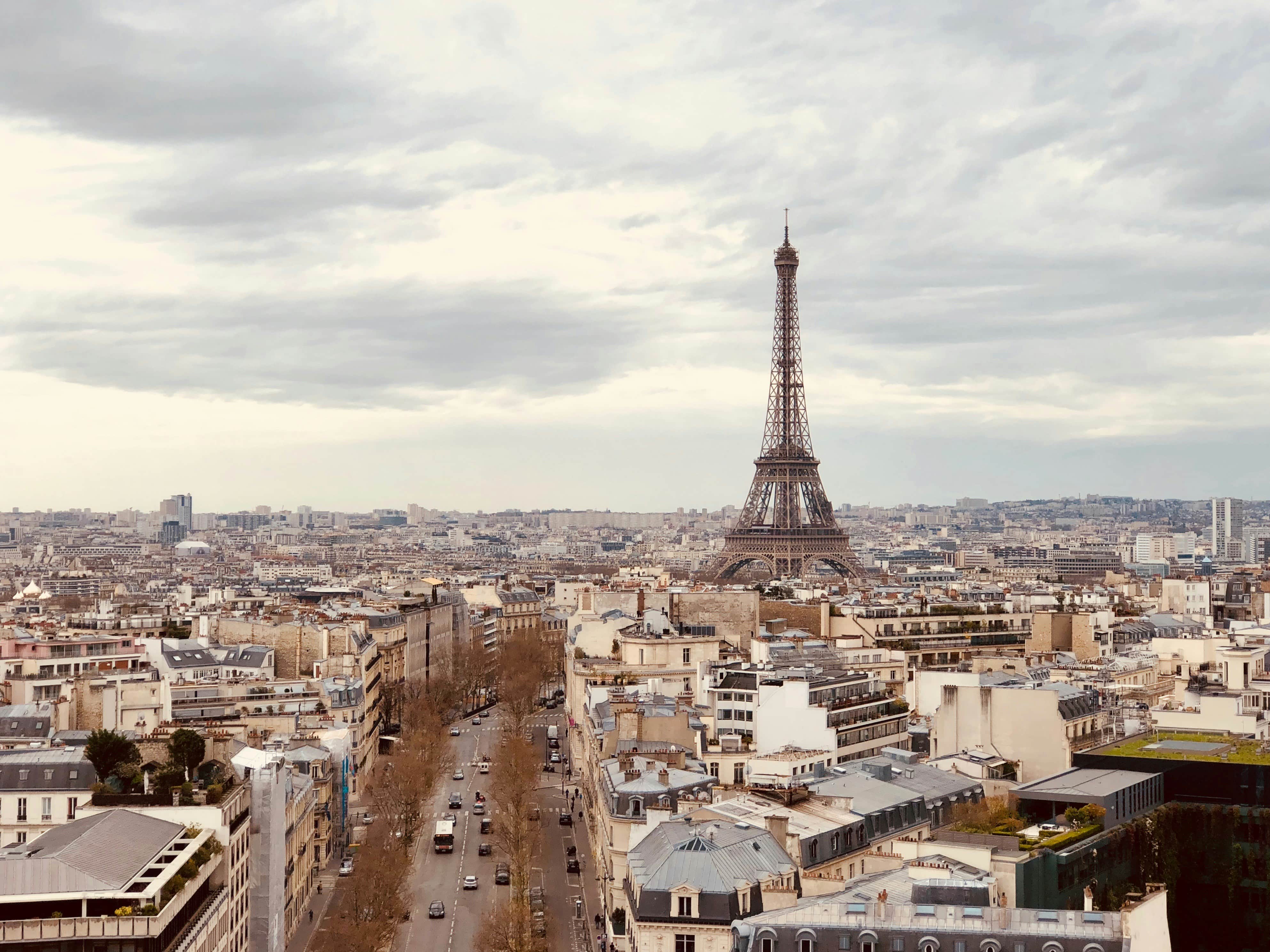
Cost of Living in Paris
2025-04-01
Paris, the capital of France, offers a high quality of life with many activities, excellent public services, and strong job opportunities in industries like finance, fashion, and technology. However, it is one of the most expensive cities in Europe, with high costs for housing, dining, and healthcare. Despite these expenses, Paris remains a top destination for international professionals, offering a dynamic lifestyle and competitive career prospects.
Introduction to Paris
Paris is the capital of France, located in the north-central part of the country along the River Seine. It has a temperate climate, with cool winters and warm summers. Rain is common throughout the year but rarely extreme.
Economy and Employment
Paris is a major economic hub in Europe. Its economy relies on key sectors like finance, technology, fashion, tourism, and media. Big employers include L'Oréal, TotalEnergies, and BNP Paribas. Challenges include unemployment in certain areas and high real estate costs, making it a competitive job market.
Immigration Requirements
Non-EU nationals need a work permit to work in Paris, usually obtained through a job offer. The process can be bureaucratic but is straightforward. Various visa options exist, such as the "Talent Passport" for highly skilled workers. EU citizens only need to register if staying over 90 days.
Job Market and Opportunities
Paris offers employment opportunities in finance, technology, fashion, and pharmaceuticals. Salaries are high but commensurate with the high cost of living. The standard workweek is 35 hours, and the work culture prioritizes work-life balance. Career growth is largely tied to experience, networking, and education.
Cost of Living
Paris is one of Europe’s most expensive cities. Monthly expenses for a single person (excluding rent) are around €1,000-€1,200.
- Housing: Renting is expensive. A one-bedroom apartment in central Paris can cost between €1,200 to €2,500 monthly.
- Groceries: Prices are 15-20% higher than in other French cities. Monthly grocery costs for one person range from €300-€500.
- Dining Out: A three-course meal at a mid-range restaurant costs about €30-€50 per person.
- Transport: Public transportation is efficient. A monthly metro pass costs around €84.
- Healthcare: While France's healthcare system is highly rated, expats usually need private insurance, which costs €50-€150 per month.
- Education: International schools can cost between €10,000 to €30,000 annually.
- Recreation: Museums, theaters, and cinemas are costly, though there are free outdoor events and public parks.
Alcohol and tobacco are heavily taxed and expensive, while clothing, personal care, and furniture are priced similarly to other Western European cities.
Quality of Life
Paris offers a high standard of living with reliable public services such as healthcare, transportation, and education. However, the cost of living and traffic congestion are significant drawbacks.
Culture and Language
French is the primary language in Paris. Although English is widely spoken in business and tourist areas, learning French is important for daily life. Parisian social norms place a strong emphasis on politeness and formality, particularly in greetings and dining etiquette.
Healthcare
Paris has a strong healthcare system, including both public and private options. Expats typically rely on a combination of both. English-speaking doctors are available, particularly in certain districts. Health insurance is mandatory, and private insurance is often required for additional coverage.
Safety and Security
Paris is generally a safe city, though petty crimes like pickpocketing are common in tourist areas. The city benefits from political stability, well-organized emergency services, and a low crime rate relative to other major cities.
Residential Areas for Expats
Expats often choose neighborhoods like Le Marais for its central location, the 16th arrondissement for its residential atmosphere, or La Défense for proximity to business districts. Rent is high, but these areas offer access to international schools and expatriate communities.
Education
Paris has many international schools, offering curricula such as the International Baccalaureate, American, and British programs. These schools have competitive admissions and high academic standards, with a wide range of extracurricular activities.
Social and Recreational Life
Paris offers a broad range of activities. There are parks, sports facilities, and expat clubs. The city hosts major events like Bastille Day and Paris Fashion Week, offering numerous ways to stay engaged in the community.
Transportation
Paris has an extensive public transport system, including the metro, buses, and regional trains. Traffic can be congested, especially during peak hours, so public transport is often the more convenient choice. The city is also well-connected to major cities across Europe through airports and high-speed rail.
Unique Aspect of Paris
Paris maintains a balance between preserving its historical landmarks and embracing modern innovations. From the Eiffel Tower to newer developments in arts and infrastructure, Paris stands out for its ability to blend tradition with progress.
Overall Cost of Living
Paris is expensive in terms of housing, dining, and services, but the city’s strong infrastructure and overall quality of life can make it worthwhile for many professionals.
Use Xpatulator’s Cost of Living Calculators and Tools for informed decision-making about the cost of living in Paris and the salary/allowance/assignment package required to maintain your current standard of living.